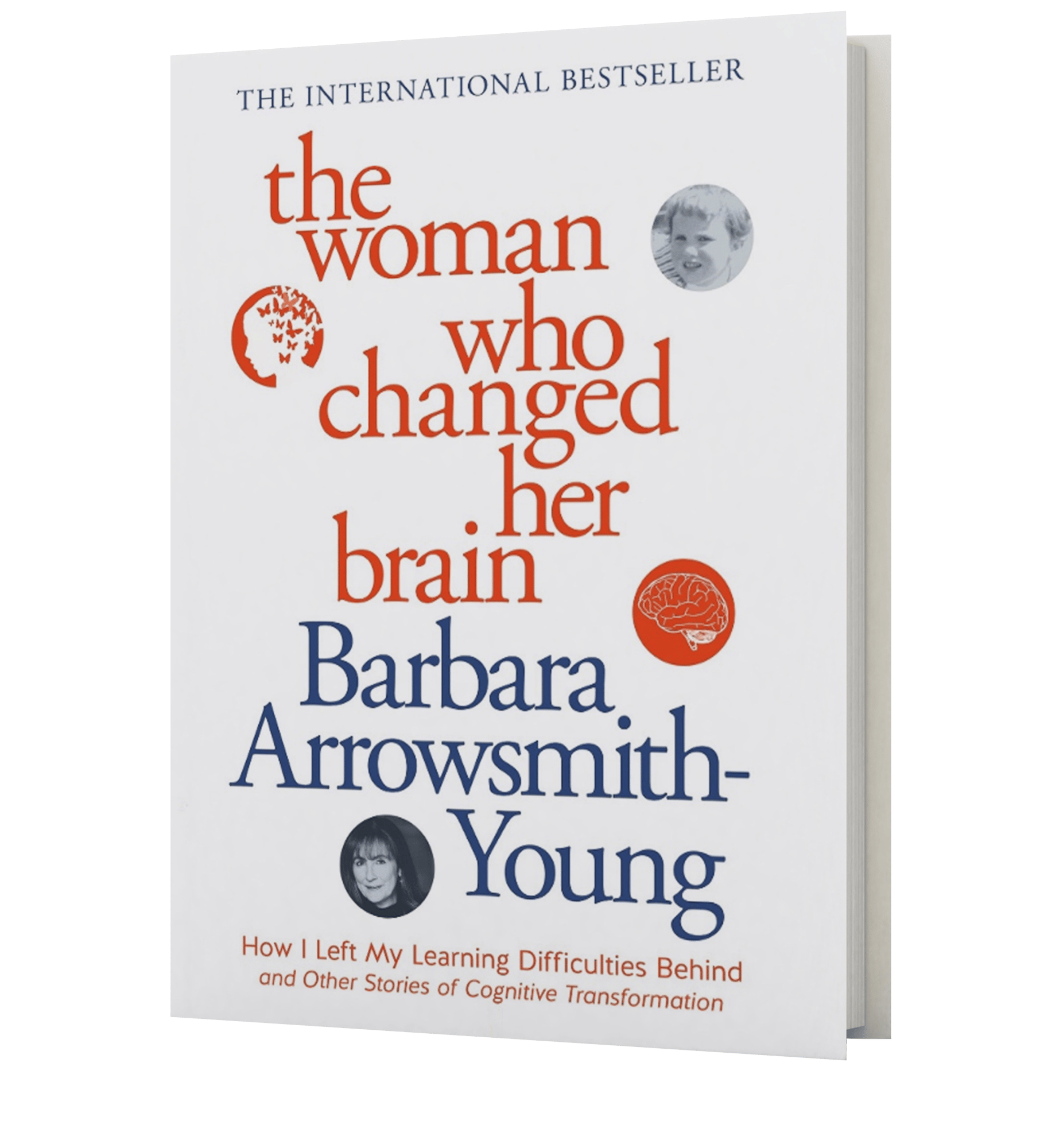We all know someone who finds math a daunting and inaccessible skill. Some describe themselves as “mathphobic”.
Dyscalculia is the term used to describe struggles wherever number is involved. Why? Because the very cognitive function responsible for remembering and manipulating numbers is weak.


A dyscalculia diagnosis can also be applied to someone who struggles to track a series of numbers on the page or screen, miscopies math questions so answers the wrong question, or is challenged by the very concepts or ‘why’ of mathematics.
Often called “math dyslexia” this can lead to struggles beyond math in school, when time management, budgeting and mental calculations, such as making changes, are a part of everyday life.
Take our 30-minute cognitive profile questionnaire to start the journey into understanding your brain's strengths and weaknesses through a cognitive lens.
The Arrowsmith Cognitive Assessment, administered by an Arrowsmith trained professional, will provide you with an in-depth insight into your unique cognitive profile.
Mathematical concepts – simple ones like fractions and division, and complex ones such as calculus theorem – require a core function responsible for conceptual understanding.
This Symbol Relations function can be a critical help or hindrance in mathematical processing. When weak, math can seem like a foreign language. When enhanced, a secure Symbol Relations can transform mathematics into an enriching experience.
Difficulty counting backwards
Difficulty remembering math facts such as addition and multiplication tables
Slow to perform calculations
Poor sense of time management
Difficulty in understanding place value
Mental calculations are challenging
Inability to grasp concepts or reason mathematically
Mathematics anxiety
Once the underlying cognitive functions are identified that are leading to the diagnosis of dyscalculia or math disability, each can be strengthened and no more math phobia.
It is possible to become a ‘math person’. Contact Arrowsmith Admissions to learn more about strengthening these and other critical cognitive functions.

You can find more information on this topic in Chapter 20, When 2+2 Does Not Equal 4, of Barbara Arrowsmith-Young’s, The Woman Who Changed Her Brain.
I am finally on top of my finances (after strengthening Quantification Sense). I can do math in my head. I no longer make mistakes on company invoices. I balance my check book. I know how much money I have in my wallet since I keep a running account. I’ve started a retirement savings plan. I’m planning ahead. I’m now capable of financial planning. I budgeted for, and took, my dream vacation.
Amanda struggled in many areas, particularly in Math. We went to Canada to try the 6-week Cognitive Intensive Program and stayed for 9 months. She has gone from not knowing how to count in Year 4 to re-entering school in Year 7 and getting mainly A's and B's and an A on her first Math exam. She is now loving school, keeping up with all her schoolwork with no learning support, and organizing herself. The Arrowsmith Program has transformed Amanda's life.
Amber avoided math in school and even with repeated practice and summers spent in tears practicing her addition and multiplication tables to get ready for school in September – she could not learn her math facts – in one ear and out the other – is how she would describe it. She refused to do math homework, getting headaches whenever the subject came up. After working on two cognitive functions, Quantification Sense and Symbol Relations, Amber now looks for opportunities to engage with numbers. She knows her times tables, calculates mileage in her head for our family trips and even does the accounts for her mother’s business.